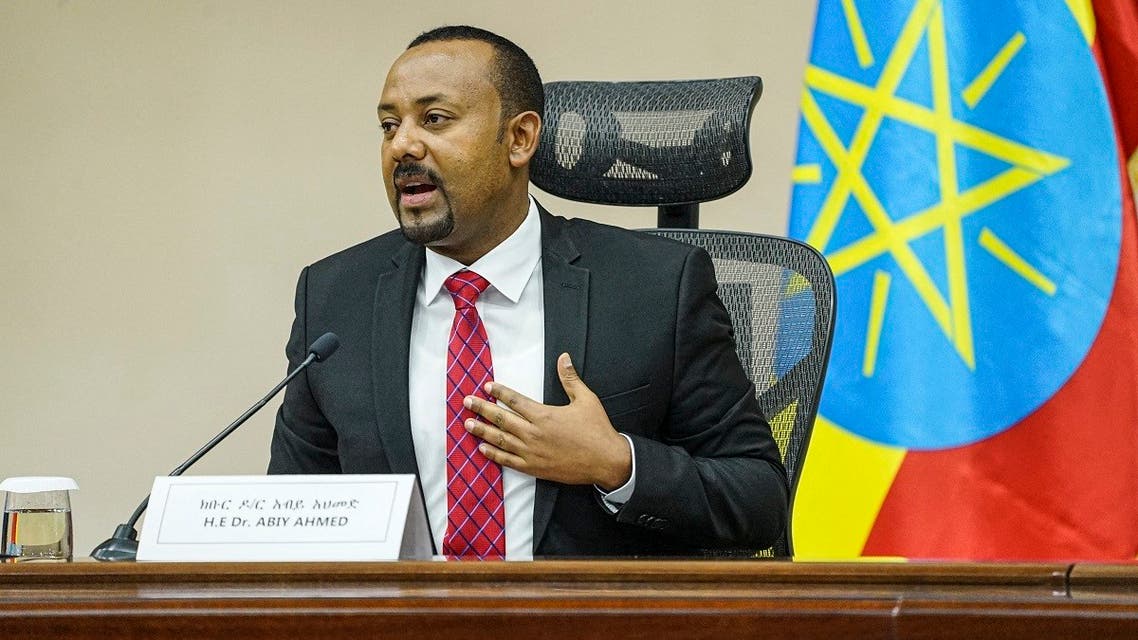The Assembly of African Union Heads of State and Government held its 35th Ordinary session and the first to be held in person since the Covid-19 pandemic at the AU Headquarters in Addis Ababa Ethiopia.
The opening session was marked with calls for continued African solidarity in addressing the impact of covid-19 on the continent and the urgent need to address the emerging scourge of coup d’états and the threat of terrorism.
The Ethiopian Prime Minister Dr. Abiy Ahmed, whose country hosts the AU Headquarters called on the leaders to collectively make the effort to boost intra-Africa trade on the continent.
“Our continental free trade agreement holds the greatest promise of effectively realizing continental integration and development, importation of increase intra-Africa trade, free movement of people and investment and self-reliance is a beacon for Africa’s renaissance.
In the state of depending solely of trade out of Africa our collective effort to boost intra-Africa trade will protect us from the fluctuations of global economy, economic and political change,” he said.
He equally highlighted the potential of the tourism sector on the continent under the continental market.
“The potential for continent-wise tourism remains untapped. It is part of aspiration five of agenda 2063 which seeks to create an Africa with a strong cultural identity, common heritage, values and ethics,” he added.
Dr. Ahmed advocated that the more Africans know each other as a continent, the more they will be able to resist forces that divide and undermine them, whilst expressing hope in the future of young people on the continent.
He indicated that the continent of 1.3 billion people with a substantial percentage of them young and dynamic will drive Africa’s prosperity and set forth its agenda 2063.
The Prime Minister of Ethiopia however took exception to the fact that seven decades after the formation of the United Nations, Africa remained a junior partner without meaningful input or role in the system of international governance and called for reform of the UN to reflect current global realities with equitable representation.
“It is the right time to reform and revitalize the United Nations system to reflect current global realities and ensure that it’s a more representative and equitable body,” he indicated.
